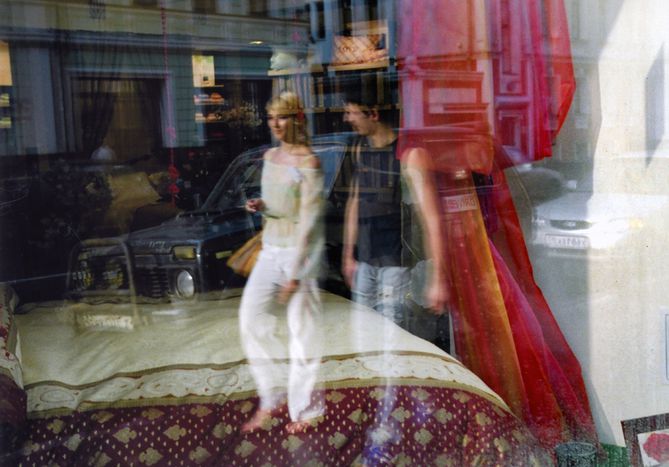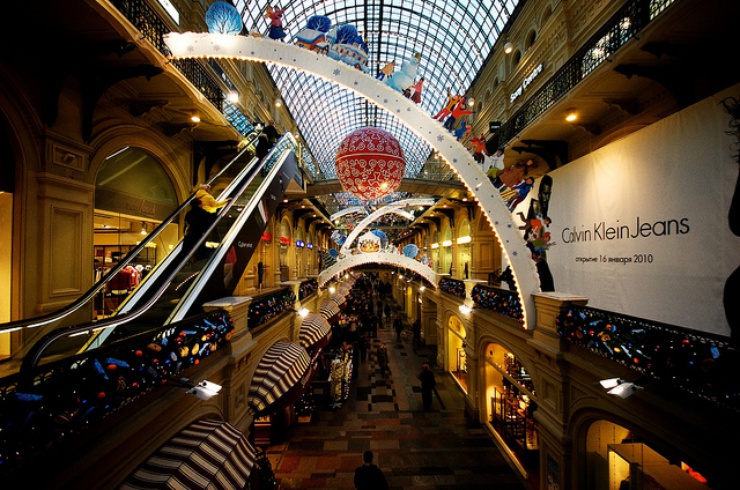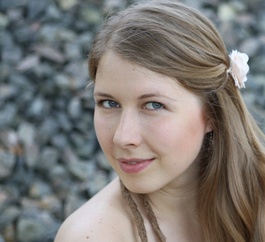
Ode to 6 billionaires and almost 50 millionaires in Russia's Duma
Published on
Translation by:
Language CatThe fall of communism signified the loss of purchasing power for millions. In the same year, a select number of oligarchs and shrewd businessmen seized the country’s inexhaustible resources and legally entered the ranks of the richest men on the planet.
Analysis of a country that, until a few decades ago, considered it a crime to pursue wealth but is now governed by a parliament that boasts the very wealthy
While 10% of wealthy Russians beat all records in terms of spending on luxury, from yachts to villas in Sardinia, 26% of their fellow citizens live below the poverty line and 70% of workers earn less than 120 euros (100 pounds) a month. A study by Deloitte, an international financial consulting firm, has revealed that Russia currently ranks sixteenth in the world’s twenty-five strongest economies and seventh for the highest number of millionaires, while Moscow has become the world capital of the super-rich, with 79 resident billionaires compared to 58 in New York. In contrast, according to the higher school of economics in Moscow, 60% of Russia’s population still has the same income they had in soviet times.
Political project based on self-sufficiency
Russia has never known such wealth but the distribution of it remains a utopia. 'Business and government have become two branches of the same project, whose primary objective is self-serving,' writes in the bi-monthly magazine The American Interest. 'Prime minister Vladimir Putin has consolidated his power with an ability to balance the financial, economic and political interests of different groups of the ruling class.' It’s no coincidence that there are fifty millionaires and six billionaires in the Duma (Russian parliament) alone. 'A hundred years ago in 1917, our country abolished two important things – law and religion,' said Russian journalist Alexander Minkin in an interview at Russia's leading broadcaster, Radio Svoboda. 'Justice was abolished too and you could kill a person simply for being a priest or being rich. Today we have to live with the consequences of the former regime.'

According to political analyst Yuriy Lukanov, 'After the dissolution of the soviet union, those who stayed closest to power got richer and were able to benefit from a period of economic and political anarchy. Under communism, the culture of wealth didn’t exist in our countries. Being rich was a crime. In the nineties, the same members of the communist party who preached poverty became the only ones with access to the country’s resources and they took advantage. It’s also because the middle classes (weak and under developed), workers and peasants aren’t used to fighting for their rights. The state that should be protecting them is, unfortunately, their number one enemy.'
Millions of roubles burned
In 1991 millions of people lost their jobs in a single day. Billions of roubles saved up by workers disappeared into thin air. Mikhail Deliagin, one of Russia’s most famous economists, blames wild privatisation, when all businesses and land ended up in the hands of those who held political power. 'The economic structure hasn’t changed,' explains Deliagin. 'The gap between those who had access to state resources and the poor – simple workers who’d been taught that ‘poor is good’ – has become unbridgeable. These days, what can you expect from politicians preparing themselves for the next elections when 49% of people’s salaries is taken away in tax and half of what remains has to pay the bills, while bread costs between two and four euros (1.67 - 3.35 pounds)?'
 The gap between the rich and the poor is huge, according to Marina Arsenova. 'It's primarily characterised by corruption and a bureaucratic system that needlessly consumes the taxes paid by workers,' says the Moscow-based journalist. 'Every day the media talks about how the state budget is spent on MP’s private affairs. It’s no coincidence that Putin’s party, United Russia, gets called ‘party of the thieves and bandits’ by the people. Social policy is non-existent, the behaviour of politicians in general unacceptable; journalists are killed, the opposition repressed; broken promises, previous years’ falsified elections – all of these things will carry weight in the coming elections. It’s no accident that the protesters’ most famous slogan these days is ‘We won’t forgive, we won’t forget’.'
The gap between the rich and the poor is huge, according to Marina Arsenova. 'It's primarily characterised by corruption and a bureaucratic system that needlessly consumes the taxes paid by workers,' says the Moscow-based journalist. 'Every day the media talks about how the state budget is spent on MP’s private affairs. It’s no coincidence that Putin’s party, United Russia, gets called ‘party of the thieves and bandits’ by the people. Social policy is non-existent, the behaviour of politicians in general unacceptable; journalists are killed, the opposition repressed; broken promises, previous years’ falsified elections – all of these things will carry weight in the coming elections. It’s no accident that the protesters’ most famous slogan these days is ‘We won’t forgive, we won’t forget’.'
In Russia the cost of cooperatives barely amounts to 3% of the country’s GDP. This figure is one of the lowest in the world. As long as the systems inherited from communism, such as education and health, are not reformed, and until the national media falls into the hands of oligarchs, reforms to the welfare state will simply remain words out of the politicians’ mouths. Amartya Sen, the Indian economist and 1998 nobel prize winner, once said that 'poverty does not depend on the quantity of goods, but on the abilities of the people to have access to these assets'. Now as they demonstrate on the streets of Moscow and other cities, the Russians are showing that the time has come for Russia to become the country of its people.
Images: main (cc) Jessie Reeder; in-text (cc) gregorfischer/ both courtesy of flickr; Marina Arsenova © courtesy of MA/ video (cc) euronewsit/ youtube
Translated from Russia, la Mosca bianca dei paesi più ricchi



